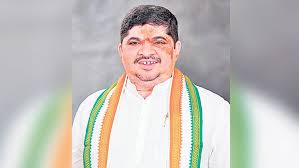S Jaishankar likely to meet US officials to discuss Pakistan after UNSC schedules 'closed consultation' on Kashmir issue
Fri 16 Aug 2019, 17:08:21
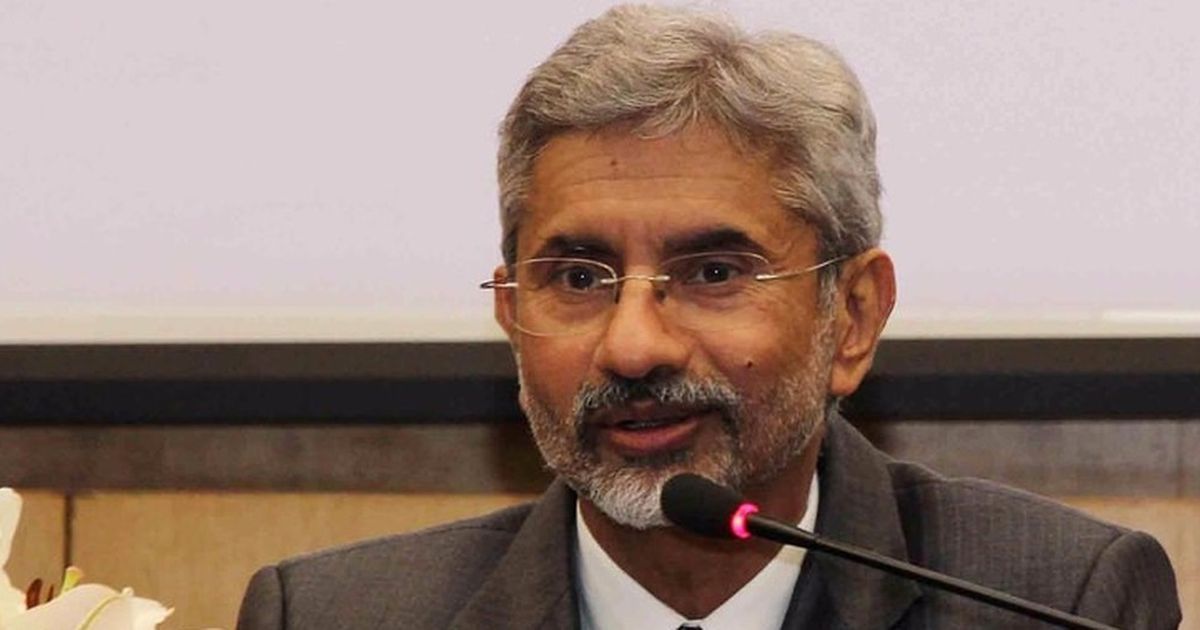
External Affairs Minister S Jaishankar on Friday is expected to meet US State Department officials John Sullivan and Alice Wells, who are travelling to New Delhi, as the United Nations Security Council is scheduled to hold a "closed consultation" on India's move to abrogate Article 370, which accords special status to Jammu and Kashmir.
Jaishankar is likely to emphasise on the need to keep Pakistan under pressure to avoid escalation of the Kashmir situation and avoid cross-border infiltration.
The minister is expected to reiterate India's stand on revocation of the special status of Jammu and Kashmir as a "internal matter". He is likely to engage with the US on the position taken by the Donald Trump administration on the issue so far.
This comes after the United Nations Security Council scheduled a rare meeting on Friday after India scrapped the special status to Jammu and Kashmir, sparking a row with Pakistan. Reportedly, the meeting will take place behind closed doors.
The UNSC took the decision to chair the meet after China formally asked the global body for "closed consultations" on the Narendra Modi government's abrogation of Articles 370. Pakistan, Beijing's all-weather ally had written to Poland, which currently holds the council's rotating presidency, after India's announcement.
Pakistan foreign minister Shah Mahmood Qureshi had sent a formal letter to the
president of the Security Council, Polish Ambassador Joanna Wronecka, through country's Permanent Representative Maleha Lodhi to convene the meeting. Qureshi said the letter will also be shared with all members of the UNSC.
president of the Security Council, Polish Ambassador Joanna Wronecka, through country's Permanent Representative Maleha Lodhi to convene the meeting. Qureshi said the letter will also be shared with all members of the UNSC.
Before concluding his three-day visit to Beijing on Tuesday, Jaishankar during his bilateral meet with China's foreign minister Wang Yi on Monday said India's decisions on Jammu and Kashmir are country's "internal" matter and have no implication for either the external boundaries of India or the Line of Actual Control (LAC) with China.
Asserting that the legislative measures were aimed at promoting better governance and socio-economic development, Jaishankar also said there was no implication for either the external boundaries of India or the LAC with China.
"India was not raising any additional territorial claims. The Chinese concerns in this regard were therefore misplaced. The minister also conveyed that so far as the India China boundary question was concerned the two sides had agreed to a fair, reasonable and mutually acceptable settlement of the Boundary Question on the basis of the 2005 Political Parameters and Guiding Principles," the release said.
Jaishankar also told Wang that it was important to ensure that bilateral differences should not become disputes and emphasised that the future of the ties will depend on the mutual sensitivity to each other's "core concerns".
No Comments For This Post, Be first to write a Comment.
Most viewed from National
Most viewed from World
AIMIM News
Delhi Assembly polls: Owaisi leads Padyatra in Okhla
Feb 01, 2025
We reject this Waqf Amendment Bill: Asaduddin Owaisi
Jan 30, 2025
Latest Urdu News
Most Viewed
May 26, 2020
Which political party will win the Delhi Assembly polls to be held on Feb 5?
Latest Videos View All
Like Us
Home
About Us
Advertise With Us
All Polls
Epaper Archives
Privacy Policy
Contact Us
Download Etemaad App
© 2025 Etemaad Daily News, All Rights Reserved.

.jpg)
.jpg)
.jpg)
.jpg)
.jpg)
.jpg)

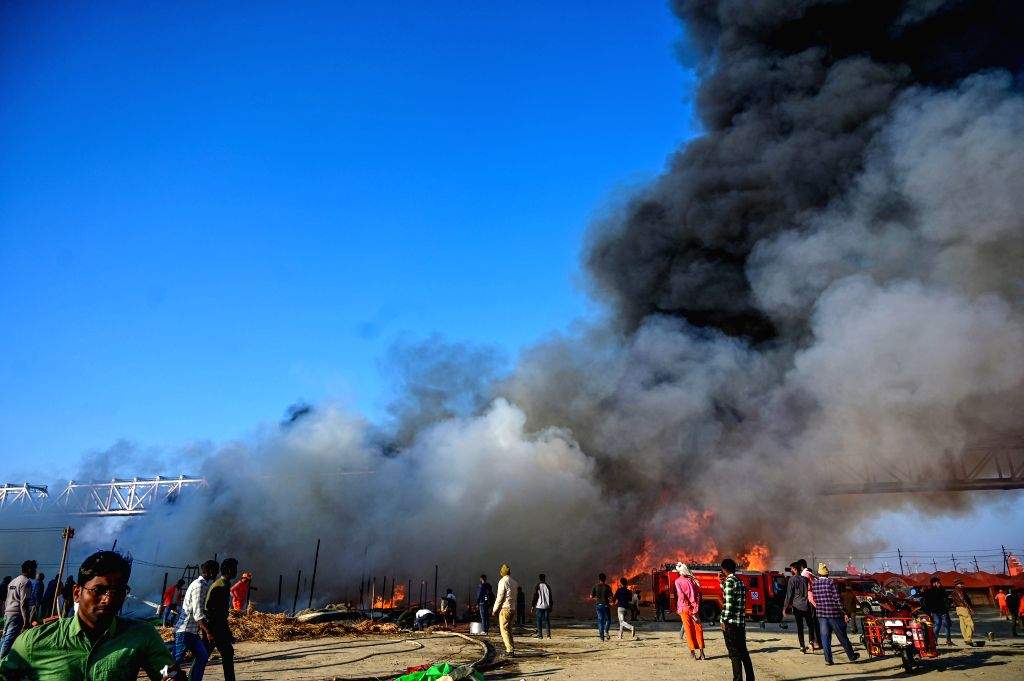
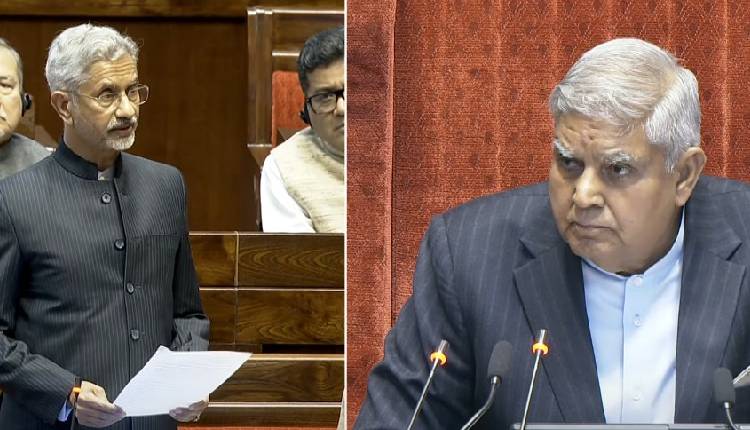
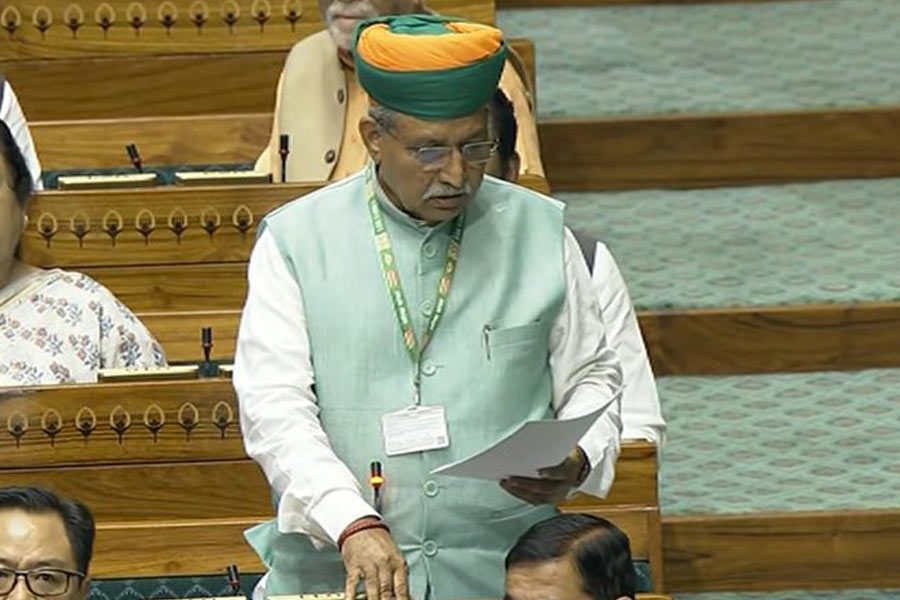
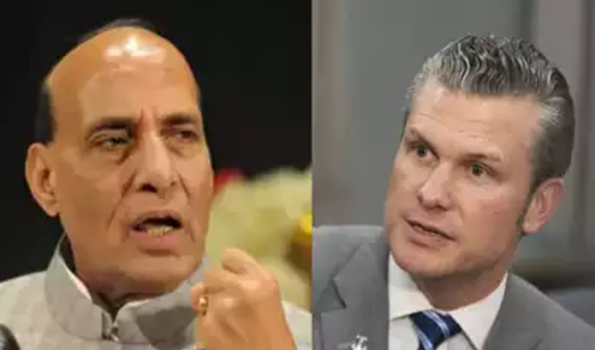
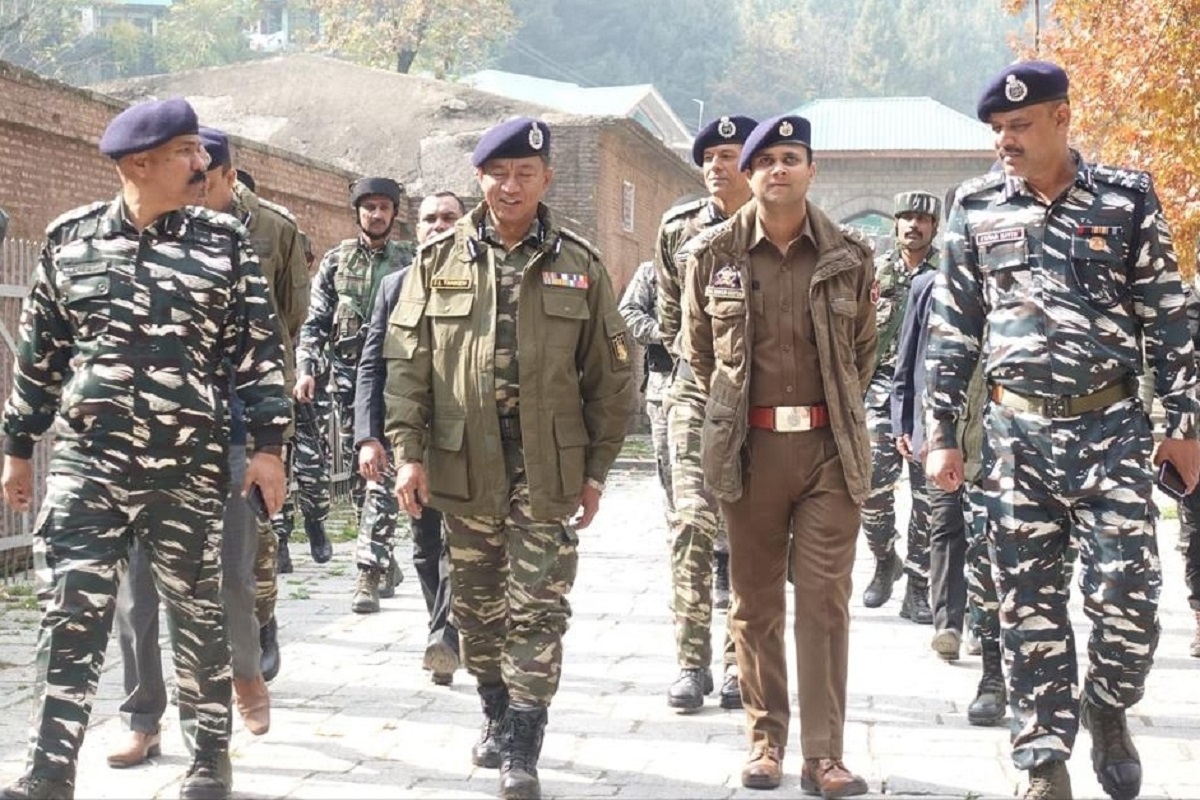
.jpg)
.jpg)
.jpg)
.jpg)
.jpg)
.jpg)
.jpg)
.jpg)
.jpg)
.jpg)
